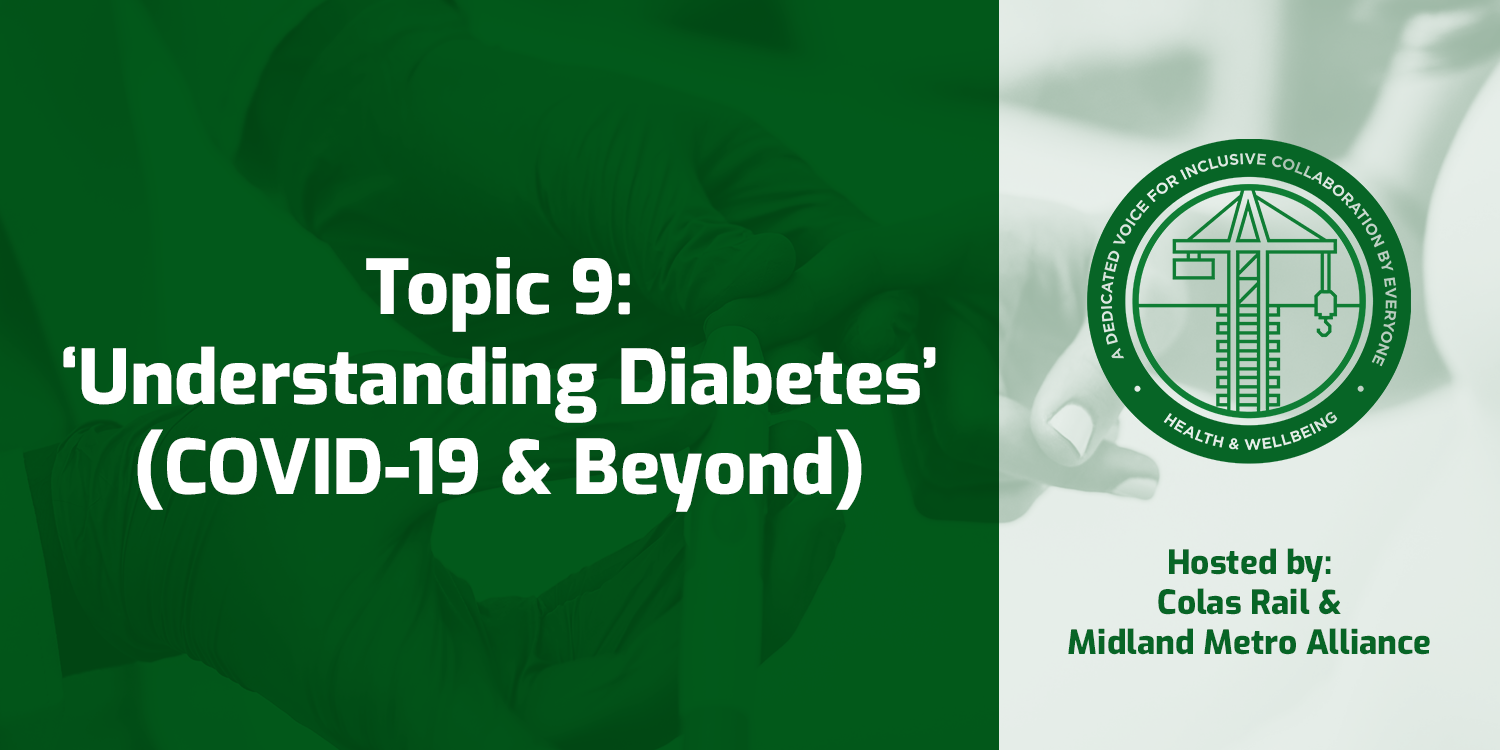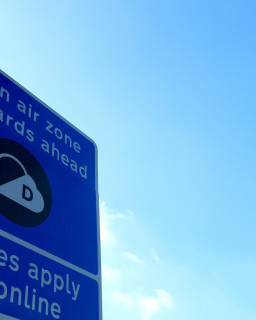A.D.V.I.C.E – Topic 9
Understanding Diabetes (COVID -19 and beyond)
Diabetes is a serious condition that you have for life. It means your blood glucose (sugar) level is too high.
You will probably be aware of the fact that there are two main types of diabetes (but there are rarer forms as well)
What causes it?
All types of Diabetes have one thing in common – they cause people to have too much glucose (sugar) in their body
We all need glucose as it gives us our energy
1. We eat and drink carbohydrates
2. Our body breaks these down into glucose
3. That glucose goes into our blood
4. We need insulin from our pancreas for the glucose in our blood to enter our cells to fuel our bodies
When you have diabetes the pancreas doesn’t sense when glucose has entered your bloodstream….
Type 1 diabetes means that you don’t make any insulin at all
People with this type of diabetes have to be careful to take their medication regularly, watch what they eat and when, and have health checks like yearly eye checks
Only 10% of people with diabetes have type 1
Type 2 diabetes means that the insulin you make doesn’t work effectively OR you don’t produce enough of it
90% of people with diabetes have type 2 diabetes and there are many who will not know they have it.
If you have a prediabetes diagnosis this means your doctor has taken your blood and the test shows high blood sugars, indicating that your body is not using insulin properly.
It is often a precursor to Type 2 and can come on slowly over the age of 40
What are the Signs and symptoms?
Common symptoms are:
• Going for a pee a lot – especially at night
• Being really thirsty
• Feeling more tired than usual
• Losing weight without trying
• Genital itching or thrush
• Cuts and wounds take longer to heal
• Blurred vision
Use the free Know your Risk tool, have some measurements ready; height, weight and waist and log on to: www.diabetes.org.uk/know-your-risk
Complications of high glucose levels:
Complications from long term high glucose levels can include:
Damage to your heart; your eyes; your kidneys; your feet
Men are more likely to develop diabetes; suffer complications; have amputations; die from diabetes and face a higher risk of serious illness and/or death from Covid 19
What are my risks of developing Type 2 diabetes?
Your risk increases with age; So you are more at risk if you are white and over 40 or over 25 if you are African-Caribbean, Black African or South Asian and type 2 diabetes is 2 -4 times more likely in those from South Asian, Black African or African-Caribbean descent
You are 2 – 6 times at greater risk if you have a parent, brother, sister or child with diabetes
You’re more at risk if you have or have had high blood pressure or are overweight - particularly around the middle
If you have had a heart attack or stroke you may carry a greater risk as will those with certain mental health conditions and women who have had polycystic ovaries, gestational diabetes or a baby weighing over 10 pounds
If you live in England and are between 40 and 74 you may be eligible for a free NHS health check
What can I do about it?
Download the British Heart Foundation booklet, which explains how the food you eat, influences whether you are likely to develop diabetes type 2 and It gives some great advice on food groups; ‘healthier swaps’ and why you should be ‘eating a rainbow’ – lots of fruit or veg of different colours and packed with nutrients, vitamins and minerals that we all need to maintain good health!
Share to:
Find out more
Find out how Reflex Vehicle Hire can help your company.
Call 0330 460 9913 or visit our contact us page.







@2x.png)

